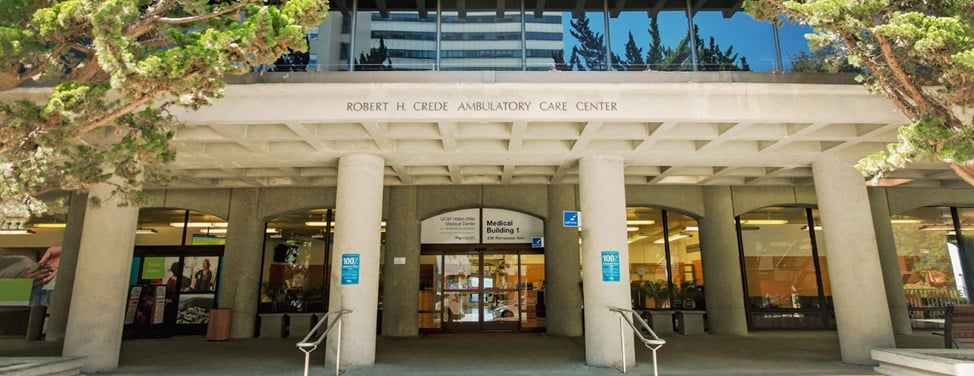
Bariatric Surgery Requirements and Evaluation
Bariatric Surgery Requirements
To be eligible for weight-loss surgery, you must meet the following requirements:
- Have a body mass index (BMI) of 35 or higher, or have a BMI between 30 and 35 and an obesity-related condition, such as heart disease, diabetes, high blood pressure or severe sleep apnea.
- Weigh less than 450 pounds, the maximum weight that hospital radiology equipment can accommodate. If you need to lose weight to meet this requirement, a nutritionist is available to help.
To make an appointment with the UCSF Bariatric Surgery Center, you must also:
- Have a referral from your primary care provider or specialist.
- Verify that your health insurance plan will cover bariatric surgery at UCSF once certain requirements are met. Please note that we only accept Medi-Cal patients who are San Francisco County residents.
Bariatric Surgery Evaluation Process
Before your first appointment with the UCSF Bariatric Surgery Center, please do the following:
- Ensure you're up to date with all your routine preventive health screenings. Your primary care provider can assist you with this.
- Submit your medical history questionnaire to the UCSF Bariatric Surgery Center.
New Patient Visit
During the new patient visit, your surgeon will give you a list of tests needed for your evaluation. This usually includes blood tests, medical imaging and, in some cases, minor procedures such as an upper endoscopy to confirm you're a good candidate for surgery. You can complete these tests at UCSF or with your local health care provider if you live outside the Bay Area.
We'll also review your insurance company's requirements for approving weight-loss surgery. Many insurance plans require three to six months of medically supervised weight-loss attempts before surgery. The UCSF Bariatric Surgery Center offers a Pathways to Weight Loss Clinic to help patients meet this requirement. If you live outside the Bay Area, you can complete these visits with your primary care provider.
Lastly, we will help you schedule presurgical appointments with our bariatric dietitian and psychiatrist.
Preoperative Visit
Once you've completed all necessary tests and met insurance requirements for surgery, you'll return to the Bariatric Surgery Center for your preoperative visit. During this appointment, your surgeon will discuss what to expect before, during and after surgery. We'll also set a date for your operation, which is usually four to six weeks after this visit.
Important Points to Know
- If you use tobacco, you must stop at least six weeks before surgery to decrease your risk of postoperative complications. We strongly recommend quitting permanently to help you meet your health goals.
- Please notify us of any change in your insurance coverage, as it could impact your approval for surgery. We will request verification of coverage for bariatric surgery from your insurance company about six weeks before the surgery.
UCSF Health medical specialists have reviewed this information. It is for educational purposes only and is not intended to replace the advice of your doctor or other health care provider. We encourage you to discuss any questions or concerns you may have with your provider.










